
Off to University … How to Manage your Mental Health
August 16, 2017 in Educate Yourself
We recently posted about the back-to-school transition that is upon us. We also wrote an article a little while ago about the transition year. However, as this is such an important topic, we wanted to expand on it slightly. One of our favorite YouTubers, Kati Morton, recently posted a YouTube video about going off to college and how to manage your mental health. And while her tips are about leaving for university, we think a lot of them are adaptable. For example, Kati recommends talking to your school ahead of time (before the start of the school year) so you can get to know your teachers or professors, guidance counselor, adviser, etc.
Lastly, transition doesn’t only happen when you go off to university. Transitioning is always occurring and can mean moving from junior high to high school or from a pediatrician to a primary care physician. Whatever the transition, it can be stressful. However, you can learn to better handle the transitional stress. To find out more, try reading this article about understanding transition stress. Although the article writes about the importance of cultural transitions, the tips provided can be easily used with many different transitions. For example, some great ones are:
- Keep old routines where possible and work on creating new ones
- Incorporate hobbies that help you relax into your daily activities (e.g., yoga, mediation, reading)
- Realize that establishing a new routine takes time
- Remind yourself of your strengths
- Be proactive in making new connections and building a new support network
- Self-reflect about the changes you are experiencing (e.g., keep a journal)
How do you manage life transitions? Have you ever given it any thought? Do you remember a difficult transition? What happened? We’d love to hear from you!



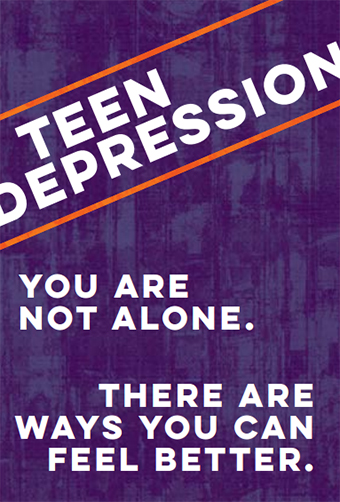






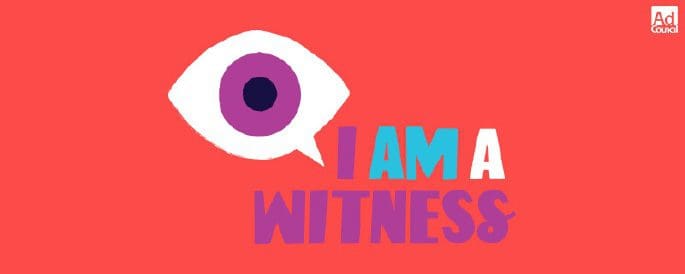

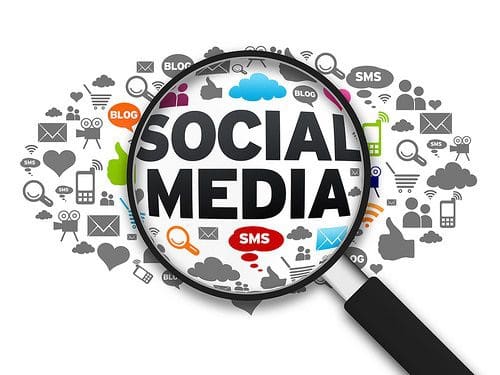
 Sarahah
Sarahah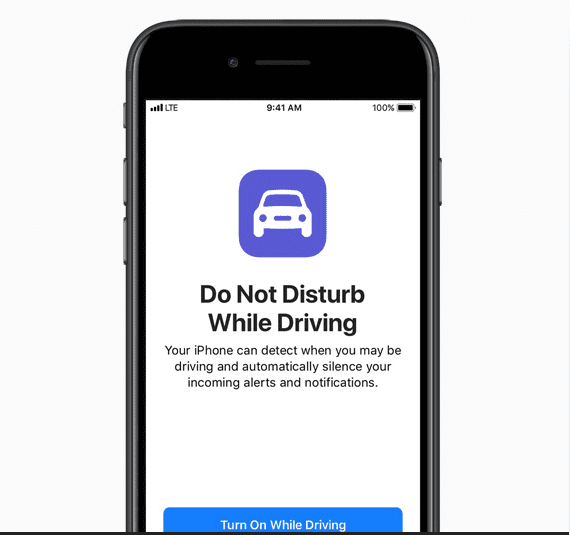
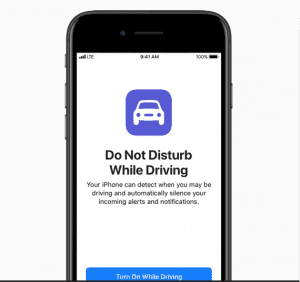
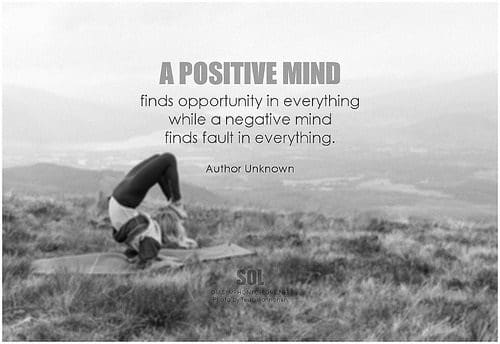

Recent Comments